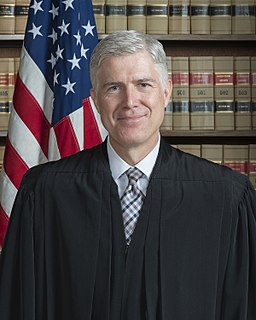A Quote by Ezekiel Emanuel
Americans tend to endorse the use of physician-assisted suicide and euthanasia when the question is abstract and hypothetical.
Quote Topics
Related Quotes
What's important is that people give the kinds of reasons that can be understood and appraised apart from their particular comprehensive doctrines: for example, that they argue against physician-assisted suicide not just by speculating about God's wrath or the afterlife, but by talking about what they see as assisted suicide's potential injustices.
By establishing a social policy that keeps physician-assisted suicide and euthanasia illegal but recognizes exceptions, we would adopt the correct moral view: the onus of proving that everything had been tried and that the motivation and rationale were convincing would rest on those who wanted to end a life.
As believers, how can we fail to see that abortion, euthanasia and assisted suicide are a terrible rejection of God's gift of life and love? And as believers, how can we fail to feel the duty to surround the sick and those in distress with the warmth of our affection and the support that will help them always to embrace life?
We cannot discuss the state of our minorities until we first have some sense of what we are, who we are, what our goals are, and what we take life to be. The question is not what we can do now for the hypothetical Mexican, the hypothetical Negro. The question is what we really want out of life, for ourselves, what we think is real.
First of all, in principle, I'm against physician-assisted suicide, and secondly, I believe it is the prerogative of the federal government to control drug rules. And the idea of using a controlled substance to end somebody's life is something I don't agree with. I can see the idea of using controlled substances to ease somebody's pain. That makes sense.
...we ask: Why suicide? We search for reasons, causes, and so on.... We follow the course of the life he has now so suddenly terminated as far back as we can. For days we are preoccupied with the question: Why suicide? We recollect details. And yet we must say that everything in the suicide's life- for now we know that all his life he was a suicide, led a suicide's existence- is part of the cause, the reason, for his suicide.
In legal parlance, that is called 'the rational person test,' ... That's where somebody else says, 'Even though we have no idea what this person would want in this circumstance in which they cannot themselves tell us what they want, a 'rational' person - meaning, myself - in that circumstance would want to die.' So you move very quickly from so-called voluntary euthanasia to involuntary euthanasia. These legal and medical developments are not simply hypothetical They're in the courts right now.
































